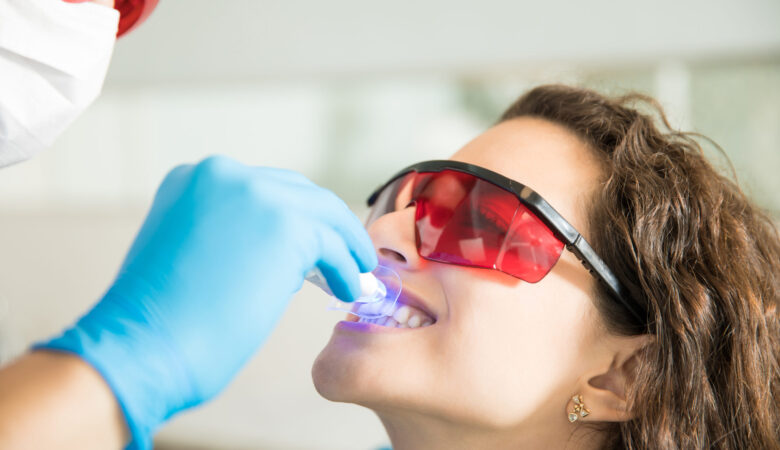Understanding the Benefits of Dental Implants: Are They Right for You?
Introduction:Losing a tooth can have a significant impact on your confidence, oral health, and quality of life. Fortunately, dental implants offer a permanent and natural-looking solution for replacing missing teeth. Unlike dentures or bridges, dental implants are designed to mimic the structure and function of your natural teeth, providing a long-lasting and durable option for tooth replacement. This blog will delve into the benefits of dental implants, the implant process, and how to determine if this treatment is the right choice for you. Main Points: What Are Dental Implants?Dental implants are titanium posts that are surgically placed into the jawbone, where they serve as artificial tooth roots. Once the implant is securely in place, a custom-made crown is attached to the post, creating a fully functional and aesthetically pleasing replacement tooth. Dental implants can be used to replace a single tooth, multiple teeth, or even support a full set of dentures, providing a versatile solution for patients with various needs. The Benefits of Dental Implants:One of the most significant advantages of dental implants is their ability to preserve the jawbone. When a tooth is lost, the underlying bone can begin to deteriorate due to lack of stimulation. Dental implants help to maintain bone density by providing the necessary stimulation to the jawbone, preventing bone loss and preserving the natural contours of your face. Additionally, implants offer a stable and secure foundation for replacement teeth, allowing you to eat, speak, and smile with confidence. Unlike dentures, which can slip or cause discomfort, dental implants are firmly anchored in place, offering a more comfortable and reliable solution. The Implant Process:The dental implant process typically involves several steps and can take a few months to complete. After an initial consultation, your dentist will develop a personalized treatment plan based on your specific needs. The first step is the surgical placement of the implant into the jawbone. After the implant is placed, a healing period of several months is usually required to allow the bone to fuse with the implant in a process called osseointegration. Once the implant has fully integrated with the bone, an abutment is attached to the implant, and a custom-made crown is placed on top. This multi-step process ensures that the implant is strong, stable, and ready to function like a natural tooth. Are You a Candidate for Dental Implants?While dental implants offer many benefits, they are not suitable for everyone. Candidates for dental implants must have sufficient jawbone density to support the implant. If you have been missing a tooth for an extended period, you may have experienced bone loss, which could affect your eligibility for the procedure. In such cases, your dentist may recommend a bone graft to build up the bone before placing the implant. Additionally, candidates should have healthy gums and be committed to maintaining good oral hygiene. Smoking and certain medical conditions, such as uncontrolled diabetes, can also affect the success of dental implants. Your dentist will evaluate your overall health and oral condition to determine if you are a suitable candidate. Comparing Dental Implants to Other Options:When considering tooth replacement options, it’s essential to weigh the benefits of dental implants against other alternatives, such as dentures or bridges. While dentures are a more affordable option, they can be uncomfortable and require regular adjustments. Bridges, on the other hand, rely on adjacent teeth for support, which can compromise the health of those teeth over time. Dental implants, although more expensive upfront, offer a long-term solution that does not affect neighboring teeth and provides superior function and aesthetics. Conclusion:Dental implants are a revolutionary solution for replacing missing teeth, offering unparalleled stability, durability, and a natural appearance. If you are missing one or more teeth and are considering dental implants, it’s essential to consult with your dentist to determine if you are a suitable candidate. With proper care, dental implants can last a lifetime, restoring not just your smile but also your confidence and quality of life.






